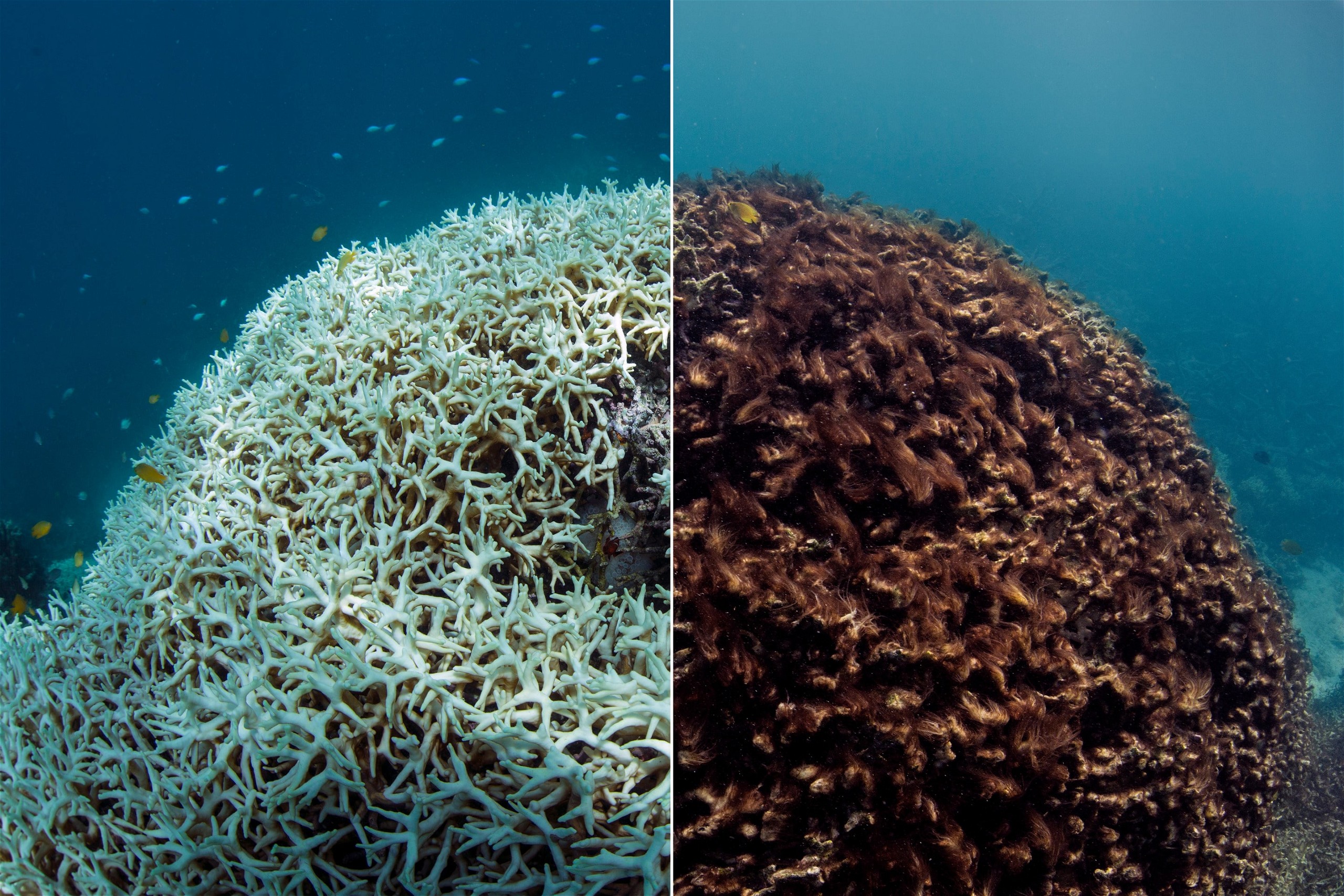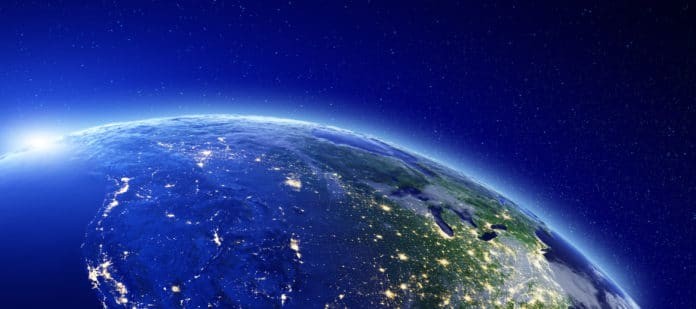April 22, 1970, 20 million people in the US, mostly young people, took to the streets to protest Corporate America’s pursuit of profits at the expense of Mother Earth. Earth Day is seen as the start of the environmental movement. In 1990, Earth Day went international, today there are Earth Day events in 192 countries. Earth Day Network is now the overall director working with over 50,000 partners. But Earth Day is more than just April 22, it should be every day.
The first Earth Days were protest rallies. The raised awareness lead to the passage in the United States to key legislation that set limits on pollution. While they were not the first environmental laws, as many nations had already reacted to environmental problems, they were very visible. As times changed, there was more involvement with cleanups and being proactive in education.
Earth Day Network’s “advocacy efforts focus on engaging local leaders and global citizens of all ages and from all walks of life with campaigns: to end plastic pollution, to protect our species, to act on climate and advance clean energy, and more.” Over the years, Earth Day Network has selected one area of concern each year to be their primary focus. Earth Day 2018 and Beyond saw a multiyear program to “End Plastic Pollution”. Earth Day 2019 has the theme “Protect Our Species”. They want to get the word out about endangered species in the world. They have selected six animals to represent the endangered species of the world:
- Bees: Listing Bees may surprise most people but bee populations are getting smaller each year. Some as much as 30% a year. Bumblebees have declined as such as 90% in the last twenty years. You might not like getting stung by them, however, they pollinate about 30% of the plants. No bees less food.
- Giraffes: Threaten by illegal hunting and the loss of habitat, the status of the Giraffe has long been an attention grabber.
- Whales: In the late 1800s and early 1900s, whales were hunted almost to the point of extinction. Being mammals they have a low reproduction rate. While many species of whales are protected by international laws, they are still hunted both legally and illegally
- Elephants: The elephant had a similar story as the whale. Elephants were over hunted mostly for the ivory tusk with the body left behind. Sharks today are often killed just for the fins.
- Coral: As divers, we understand the beauty of the reefs and the part they play as homes for marine life. Most of us have even seen the impact of dead reefs.

- Insects: Many of us might actually cheer the lost of some insects. Still, they play an important part in the food chain. Helping pollinate plants and food for birds and reptiles.
Earth Day Network is asking people to join the “Protect our Species” campaign. The goals are to:
- Educate and raise awareness about the accelerating rate of extinction of millions of species and the causes and consequences of this phenomenon.
- Achieve major policy victories that protect broad groups of species as well as individual species and their habitats.
- Build and activate a global movement that embraces nature and its values.
- Encourage individual actions such as adopting plant-based diet and stopping pesticide and herbicide use.
Get Involved
While I am not a tree hugger, I do consider myself an environmentalist. I do what I can to limit my contributions to the world’s environmental problems. I attended a local Earth Day Rally on that very first Earth Day. The fight was different then. Air and water pollution was increasing at an alarming rate. We were seeing the early impact of toxic waste dumps and what they were doing to our health and many cases the damage to our water supplies. In some places, the fish became unsafe to eat. Cars, burning gasoline with lead, we’re adding to the amount of lead in our bodies.
Today, we still have environmental problems. In many cases, the problems are out of sight of the average man. We hear on television how bad plastic pollution has become, but most people just shrug it off, it not their concern. If they never heard of the Pacific Garbage Patch, they would not consider where those extra plastic bags could end up.
I would like to issue a challenge to each and every one of you to join an Earth Day event, and take someone with you. That is a good start but take it a step further. The Earth Day Network has a great resource page that can help you plan an Earth Day event of your own, and it does not need to be on Earth Day.
Chasing Corals
I am not one for birthday parties, but this year I will make an exception. My birthday is about two weeks after Earth Day so I am going to plan a combination birthday party and a Chasing Corals screening. Chasing Corals is an hour and a half documentary about coral health, and it is amazing. With corals being one of the species targeted by this year’s Earth Day Programs, Chasing Corals and Earth Day Network have joined forces encouraging more people to expand their understandings of coral reefs. They have designed tool kits that can be downloaded to organize a Chasing Coral screening. Viewing the documentary with supplemental information from Earth Day Network will ensure an educational day, that is still very entertaining. More importantly, you can increase awareness on the problems that the coral reefs are having. You may also be encouraging someone to learn how to dive so they can explore the reefs themselves.
Mankind has done severe damage to Mother Earth, we are getting better but threats still exist. Over a billion people directly depend on the world’s reefs for survival. Trash, microscopic bits of plastic and rising water temperature are all caused by man. If we succeed in killing the reefs, we will be killing the marine life and in turn, will be starving ourselves.
Save Mankind, be active on Earth Day and carry that message year-round.


![Chasing Coral | Official Trailer [HD] | Netflix](https://static2.deeperblue.com/wp-content/cache/flying-press/b6fHA9R2cKI-hqdefault.jpg)